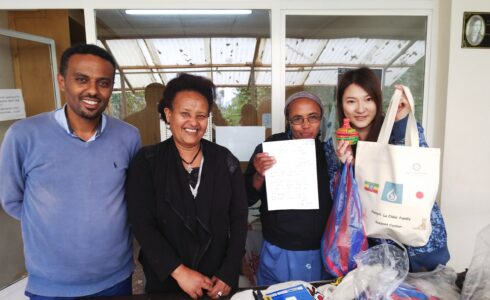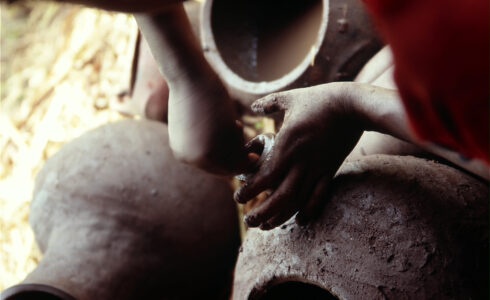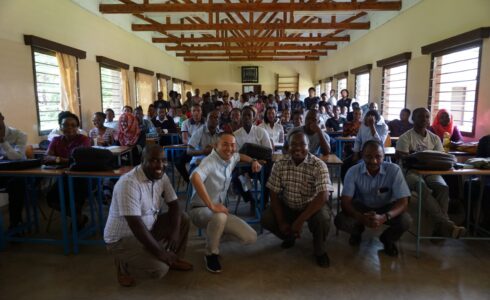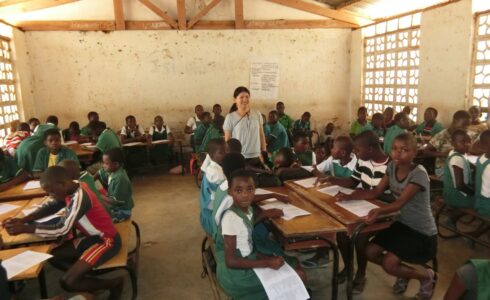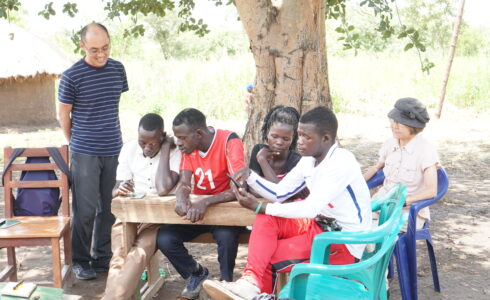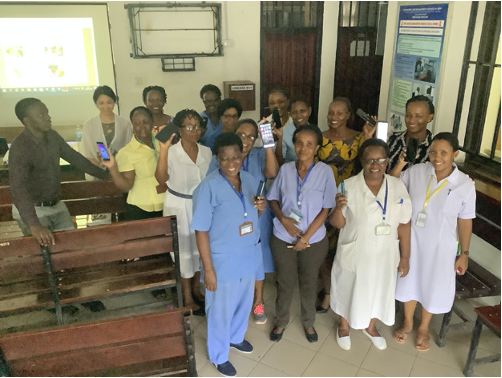
Smartphone App for Midwives (Yoko Shimpuku)
The issue of maternal health in Africa is often described in numbers, which can indicate the severity of the issue. For example, the number of maternal deaths in Sub-Saharan Africa is at 400–500 per 100,000 live births, accounting for roughly two-thirds of maternal deaths in the continent. However, field work has unquestionable importance in elucidating issues, crucial to answering the questions of “why” and “how.” The serious issues of shortage in health care providers and lack of medical tools and materials, which add to the heavy workloads for midwives, result in lower quality of care that women can receive.
My dissertation illustrated women’s voice and their experience with lack of care during childbirth in a low-resource context. The accumulation of this type of research has led to the new World Health Organization’s recommendations on pregnancy and childbirth, which emphasize the importance of women’s positive experience during pregnancy and childbirth. These recommendations in turn guide my subsequent studies on teaching on and evaluating the core characteristics of midwifery. Additionally, discourse with anthropologists has provided me an insight on the sense of the self, which women have described as the source of happiness during childbirth.
For understanding local values and cultures, the Japanese concept zairaichi may be considered useful. It is defined as the “practical and experiential knowledge of people through everyday life in the natural and social environment.” To expand this field of research to the health sciences, researchers in anthropology, health sciences, and education have created a new project to collect medical and local knowledge and behaviors in African countries, to identify effective health practices. As a part of this project, my study aimed to develop a smartphone app that could be used for collecting data and distributing findings. In this workshop, an international network of researchers who are investigating local knowledge and health practices, called Medical Zairaichi Station, is planned to be established. This network aims to produce integrated knowledge of “self” and “care,” as a reflection of the values of stakeholders, and to find the most effective way to enhance the health of people in Africa.
